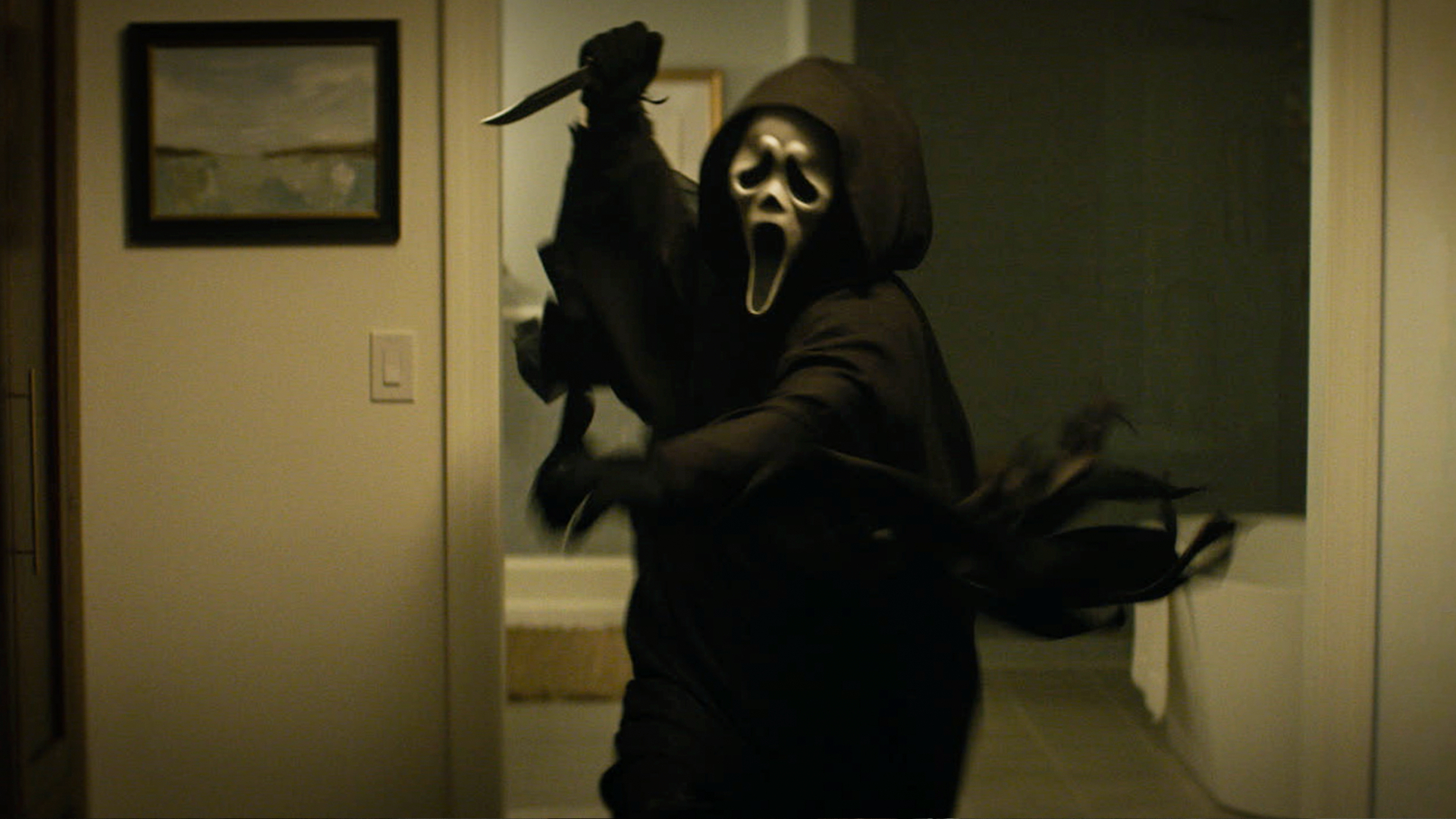10 divisive final episodes
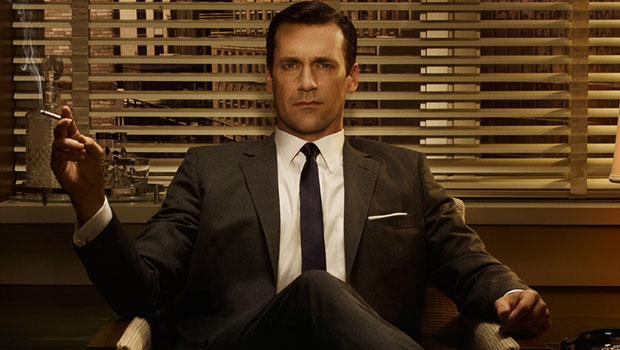
Goodbye to all that
After seven brilliant, slow-burning seasons, Mad Men went out on a cautiously optimistic note last week. The decade may be over, but life goes on for (most) of the characters.
It was an ambiguous but beautifully executed end point for the series, but other shows have gone out in more controversial fashion. Some have been good, some have been bad, but the 10 here are all, at least, memorable. SPOILERS AHEAD.
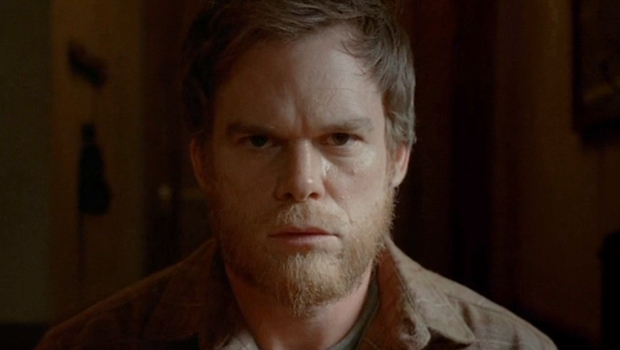
Dexter: Remember The Monsters?
Dexter is a classic example of a show that went on too long. It never bettered its first four seasons and by the time it finally finished in 2013 it was actively a mess. In that sense, then, Remember The Monsters? is a perfectly appropriate finale: it's lurid, silly and ends on a hilariously open-ended note that it may as well have Dexter will return... in the end credits.
After defeating his latest nemesis and clearing his own name, things should be looking up. But sister Deb is in a coma. Heartbroken, Dexter disconnects her life support and, taking his boat, rides out into a mega-storm which he has no chance of surviving. Except he does inexplicably survive. In the final scene we discover that he's living a new life as a lumberjack in Oregon. No explanation is given for how he escaped and there's no emotional closure, simply Dex with a wispy beard, choppin' wood.
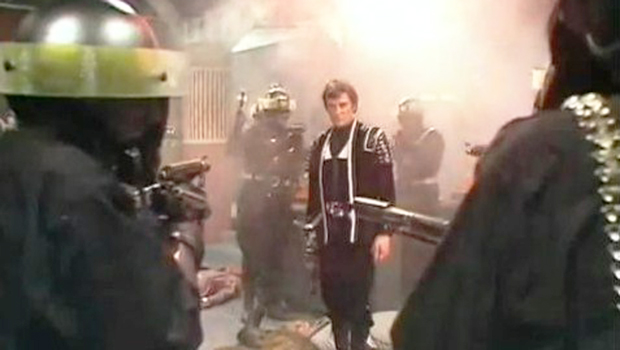
Blake's 7: Blake
The episode that scarred a generation...
Blake's 7 started off as a gritty sci-fi drama about a bunch of escaping space convicts. It grew increasingly camp over its four seasons, but the final episode certainly went out with a bang. After being absent for the past two seasons, Gareth Thomas's titular Blake finally returned, only to be shot dead by occasional ally Avon. Federation troops then burst in and gun everyone down, leaving just Avon standing and given that the episode fades out on gunfire, it's not looking good for him either. Originally intended as the mother of all cliffhangers, it instead became a fittingly cynical epitaph for the show.
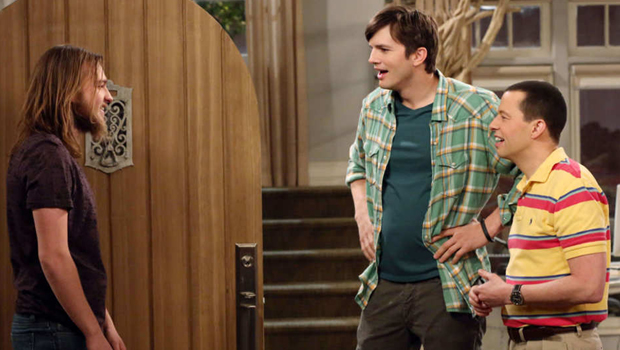
Two And A Half Men: Of Course He's Dead
The falling out between producer Chuck Lorre and star Charlie Sheen could have killed Two And A Half Men, but instead the show endured, albeit without Sheen. Its finale, however, was polarising to say the least. It teases, right until the last few seconds that he might reappear, that perhaps the two might put aside their differences for the sake of one last scene. But no.
Instead, we see a body double get squashed by a falling piano, only for Lorre to appear on camera smugly trotting out Sheen's winning catchphrase, before also having a piano dropped on him. Two And A Half Men was never a particularly subtle comedy, but this was an especially blunt and egotistical way to wrap up the long-running sitcom.
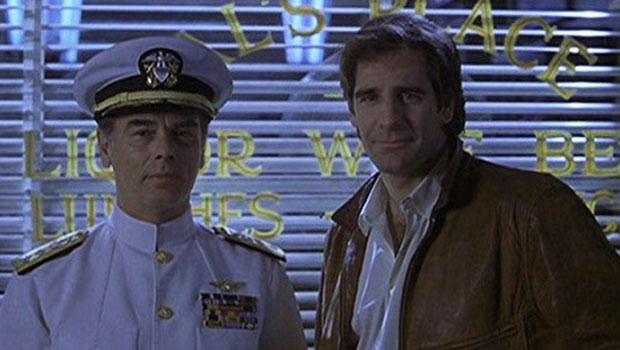
Quantum Leap: Mirror Image
The issues around the last episode of the fondly remembered time-hopping adventure series can be summed up with the six-word caption at the end.
"Dr Sam Becket never returned home.
Sure, that casually fatalistic and depressing tone isn't much in keeping with the series, but more pressingly, "Becket"? Becket? With one t? Nah, mate. It's Beckett, meaning that entire last episode isn't canon and Sam got home just fine, okay?
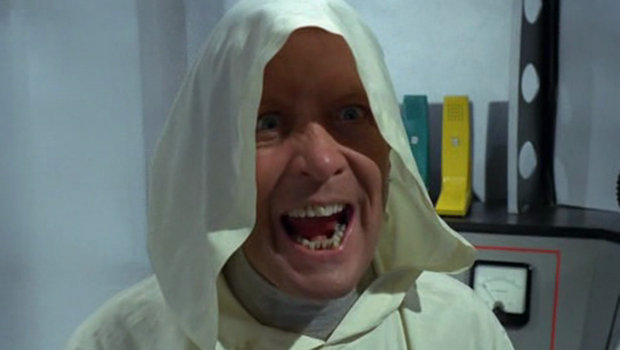
The Prisoner: Fall Out
Well it was never going to be simple, was it? Fall Out, the last episode of Patrick McGoohan's head-scratching psychedelic spy-serial ends with the Village being destroyed, but not before the baffling reveal of the mysterious Number One.
The show had started out as a surreal spy-thriller, but "Fall Out" moves fully into the realms of symbolism. So when Number Six confronts his nemesis, we're not confronted with a bald man stroking a white cat, but Six himself, wearing a monkey mask and laughing like a goon.
Whether this was McGoohan's intention all along is debatable, but there's a honking great clue in the opening sequence. As Number Six solemnly asks Who is Number One? The answer he receives is You are Number Six.
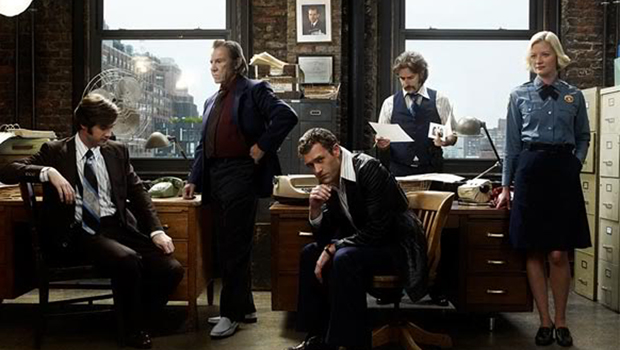
Life On Mars (USA): Life Is A Rock
The last episode of the original UK Life On Mars is a fine example of a finale that's satisfying on a visceral and emotional level. The last episode of the little-seen US remake is a hysterical mess that sacrifices sense for cheap shocks.
Yes, it turns out that title is to be taken literally. Lost-in-time cop Sam Tyler is actually an astronaut on a mission to find life on the planet Mars. Both his present day and 1970s personas are fictions created by his ship's computer to keep him entertained while traveling through space. Harvey Keitel's Gene is, in reality, his father Major Tom. What's the mission? Well, it turns out that they're all on a wait for it gene hunt. No, really.
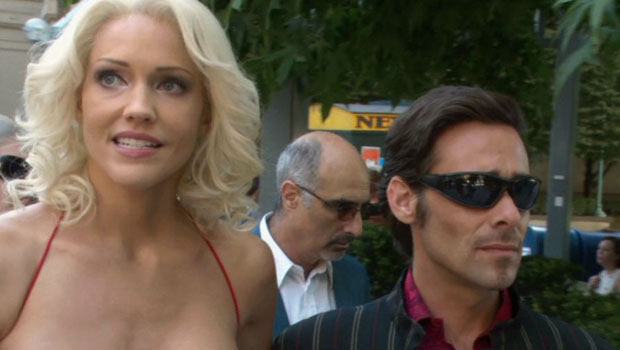
Battlestar Galactica: Daybreak, part 3
Battlestar was beloved by both sci-fi fans and "serious" drama types for its action, politics and nuanced characterisation. Many, however, were left baffled by the epilogue to the final episode.
Where most of "Daybreak" had done a pretty good job of wrapping up the show's loose ends, the decision to end the series with a Twilight Zone style "gotcha!" moment caught fans off guard. Battlestar, it turns out, is actually set in our distant past. Mysterious saviour child Hera is a direct ancestor of humanity, meaning that we all have a little Cylon in us. Setting the final scene some 150,000 years in the future and more or less our present, was either a brilliant twist or rather hokey, depending on who you talked to.
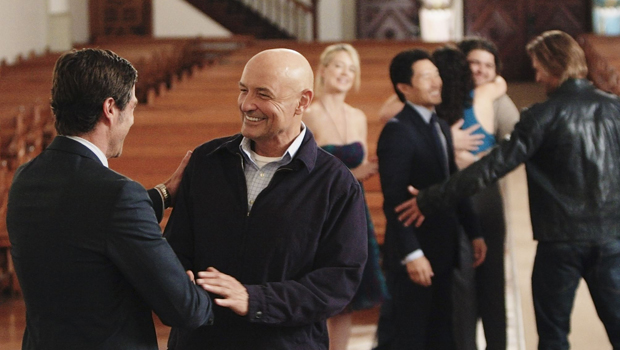
Lost: The End
Let's clear a few things up about the Lost finale. The island was real, everything happened and the only scenes that took place in an afterlife were the ill-conceived flash sideways in season six. Got that? Good.
Lost's finale isn't massively complicated, but it is muddled a situation not helped by the daft decision to overlay the remains of the crashed Oceanic 815 on the end credits, leading some to assume it had all been Jack's dying dream. And after six dazzling years, where the show often looked like the smartest thing on TV, Jack defeating Locke by beating him up and the island's power being restored by, effectively, turning it off and back on again was far too prosaic and conventional.
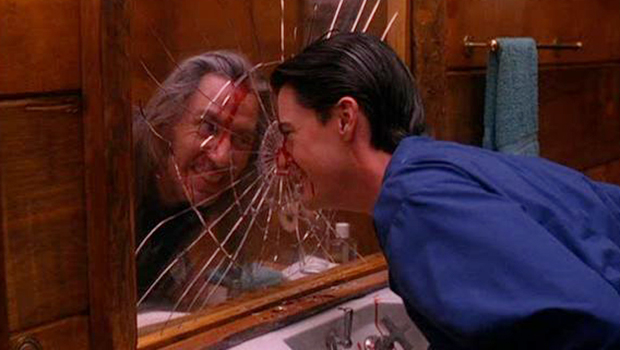
Twin Peaks: Beyond Life And Death
Peaks' second season was already controversial, thanks to the early reveal of who murdered Laura Palmer, and the reduced input of David Lynch and Mark Frost. Thankfully, both returned for its final episode.
With Annie kidnapped by evil Windom Earle, Cooper, Harry and Hawk finally discover a way to the mysterious Black Lodge and a chance to rescue her. It all culminates in Earle's defeat, but a cluster of cliffhangers have kept us fretting for the last 25 years. Was Audrey killed in the explosion? Is Ben Horne really dead? And, most pressingly, what's happened to Coop? The last time we saw him he was smashing his head against a mirror, his body now inhabited by the spirit of Killer BOB. Come on 2016, we need answers!
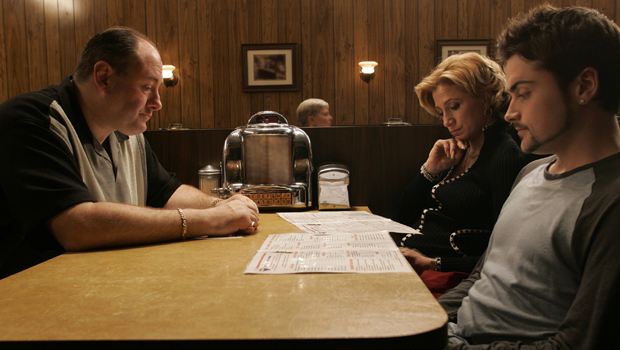
The Sopranos: Made In America
Is The Sopranos finale the most controversial of all time? It may well be. With most of the series' loose ends tied up and Junior Soprano a shadow of his former self, Tony and his family meet at an ice cream parlour. But the shadow of violence hangs over the scene as we see an unnamed man pause and notice Tony. "Don't Stop Believing" by Journey comes on the jukebox. The man gets up and goes into the restaurant's restroom. Tony looks up and then black. Long, confusing seconds of black that leave you wondering if your telly has packed in. Then the credits roll...
Did Tony die? That's surely the implication (and the scene is visually referencing the conclusion of The Godfather), but creator David Chase smartly leaves it open to interpretation. The scene is both utterly innocuous and somehow filled with menace. Many were furious, but it's a perfectly appropriate note to end this most surprising of crime shows on.

GamesRadar+ was first founded in 1999, and since then has been dedicated to delivering video game-related news, reviews, previews, features, and more. Since late 2014, the website has been the online home of Total Film, SFX, Edge, and PLAY magazines, with comics site Newsarama joining the fold in 2020. Our aim as the global GamesRadar Staff team is to take you closer to the games, movies, TV shows, and comics that you love. We want to upgrade your downtime, and help you make the most of your time, money, and skills. We always aim to entertain, inform, and inspire through our mix of content - which includes news, reviews, features, tips, buying guides, and videos.
Weekly digests, tales from the communities you love, and more
You are now subscribed
Your newsletter sign-up was successful
Want to add more newsletters?

